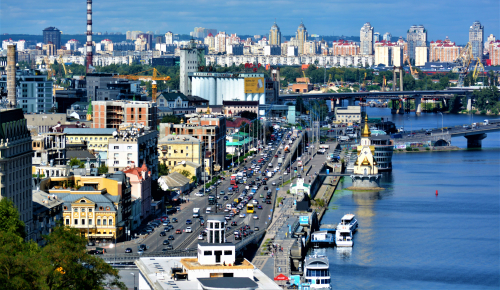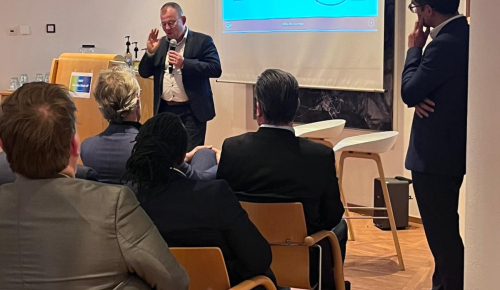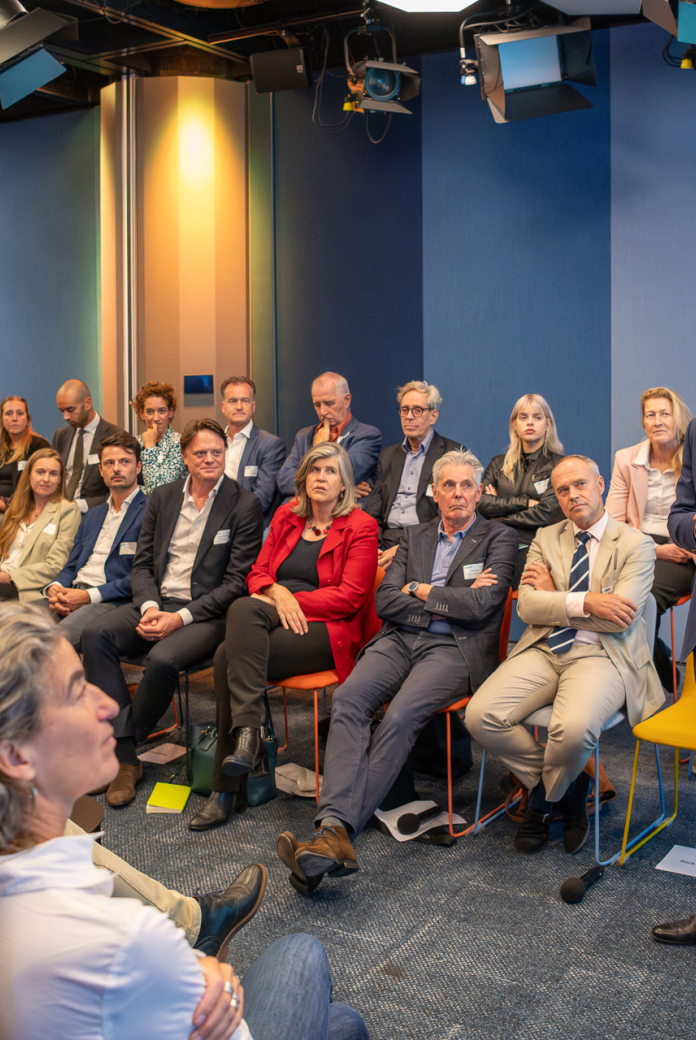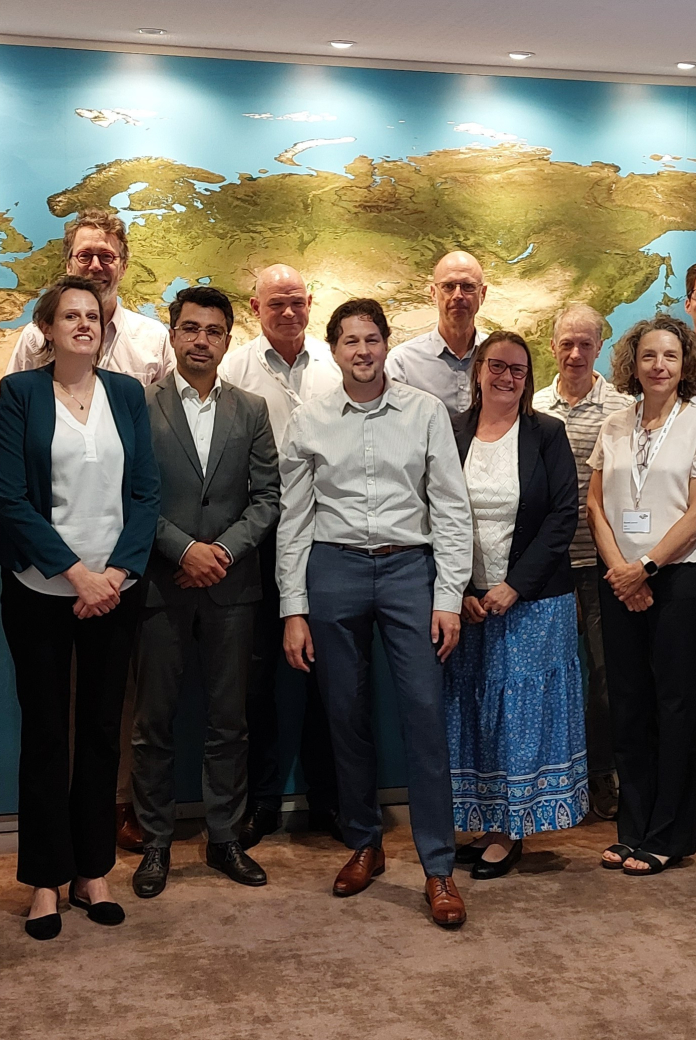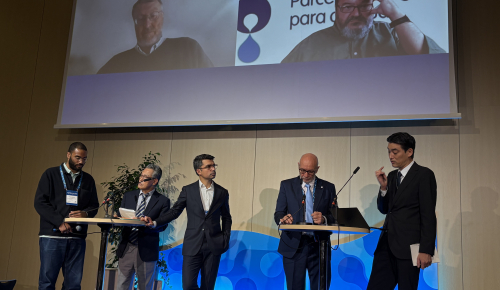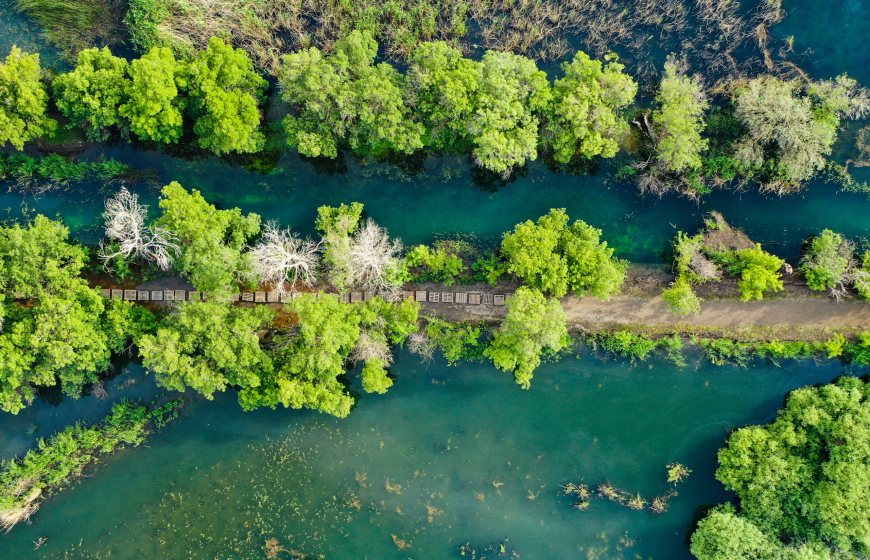

Lebanon is often described as water-rich, mostly because water is visible everywhere. However, a closer look at supply and demand shows a different reality. Lebanon’s water sector is facing a serious problem in terms of water management and governance and the inability to provide even basic services. Without major reforms, the situation is unlikely to change. NWP member Fanack Water has released the Lebanon Water Report, a peer-reviewed document that provides a full picture of the Lebanese water sector.
In 2010, the Government of Lebanon adopted its first water policy strategy, the National Water Sector Strategy (NWSS), to ensure water supply, irrigation and sanitation services in the country on continuous basis and at optimal services levels. This strategy was to be implemented in a ten-year period. Yet, major water shortages are still being reported, and many projects that should have been completed in 2020 are still pending.
The updated NWSS, released in 2020, acknowledges the different challenges in the water sector, such as the lack of reliable data, fragmented institutions, and the lack of coordination between the different actors in the sector. However, the main issue remains the feasibility of implementing the proposed action plans. These will require not only a comprehensive managerial framework, but also strong political will and focus to tackle a rapidly worsening situation and ensure long-term sustainability of the resource.
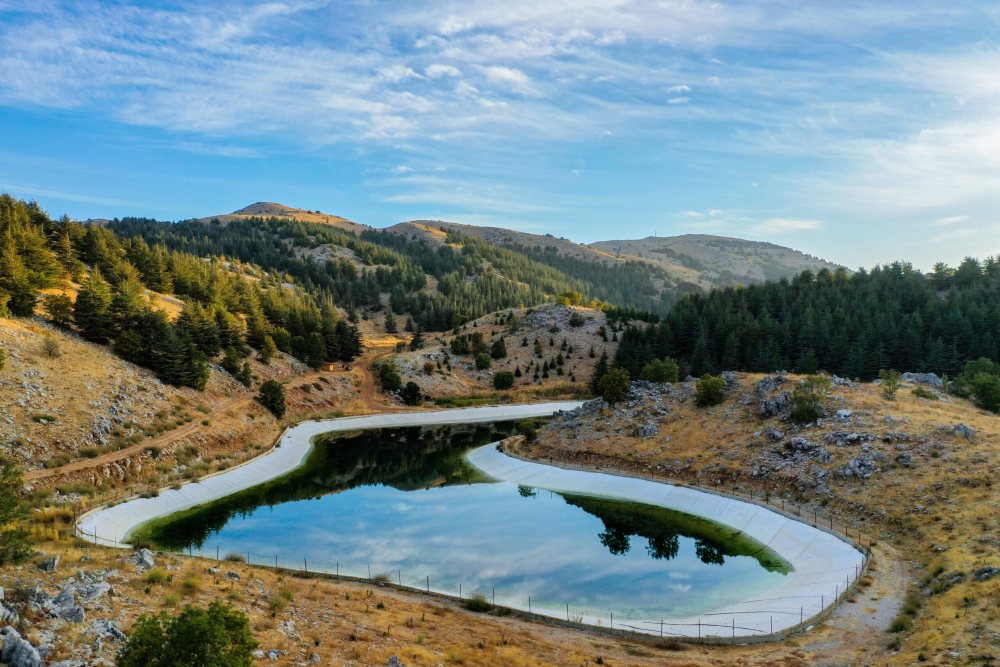
NWSS2020 projects
The NWSS 2020 includes the realisation of several projects relating to five major topics:
- Sector governance: implement legal and regulatory framework reform, rationalising the tutelage framework with the aim of creating clear dispatching between operational and regulatory activities, and develop proper mechanisms for performance monitoring.
- Financial and commercial: conduct a customer and user census, implement consumption-based tariffs for water services and revise the tariff structure for sanitation services.
- Reporting and monitoring: enhance sector monitoring, sector transparency, sector coordination and communication with users.
- Capacity building: strengthen the Ministry of Energy and Water’s monitoring capacities, streamline and structure water establishments’ internal organisation and management.
- Operation and management of facilities and services: improve operating cost control and adopt a shared wastewater management framework.
Other infrastructure projects are also proposed, which are divided over three sectors: water, wastewater and irrigation. The projects have different priorities depending on urgency and impact.
- Water projects include: developing and expanding water resources to cover potable water needs; providing adequate water storage capacities; providing adequate main transmission lines by increasing the capacity of existing lines or replacing very old ones; constructing distribution networks; monitoring main transmission and distribution lines through the installation of district water meters to better control and isolate leakages.
- Wastewater projects include: implementing new wastewater treatment plants and sewer networks in densely populated areas; expanding and upgrading major existing wastewater treatment plants.
- Irrigation projects include: rehabilitating existing concrete irrigation channels; constructing new channels or pipes for irrigation; increasing the availability of water resources and constructing all related works; constructing new networks and developing new resources, including dams, for potential future expansion.
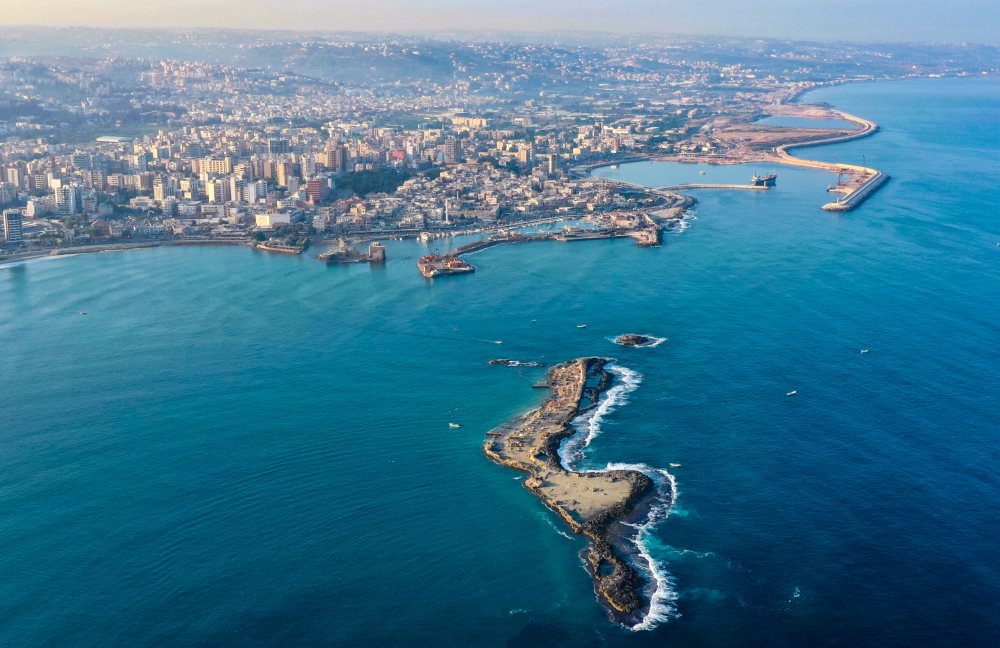
Financing of the water sector
Regardless of the challenges in the water sector, the current economic crisis is pushing the sector to the brink of collapse. Insufficient revenue in a currency that continues to devalue is making it impossible to carry out the maintenance work that requires existing water infrastructure networks. The private sector has stepped in to fill critical gaps left by state institutions, with multinational private companies benefiting significantly from a dysfunctional sector. However, the Involvement of the private sector in the Lebanese water sector has traditionally been slow.
The absence of adequate local finances, a water policy and strong administration has led to water sector heavily dependent on foreign funding. Since 1992, it is estimated that around USD 3 billion in foreign funds have been directed to the water sector. The funding for the planned projects in the NWSS 2020 is also assumed to be from international sources, with limited projects funded locally.
Lebanon Water Report
NWP member Fanack Water has issued the Lebanon Water Report with well-researched information on the country’s water resources and a closer look at its water use, quality and management. For more detailed water information on Lebanon access the report.
Fellow members of NWP can also know more about the water sector in Lebanon, as well as in other countries in the Middle East and North Africa currently being researched by Fanack Water, at the summer NWP member meet-up on 8 September. Registration to this NWP member-only event closes on 7 September.
